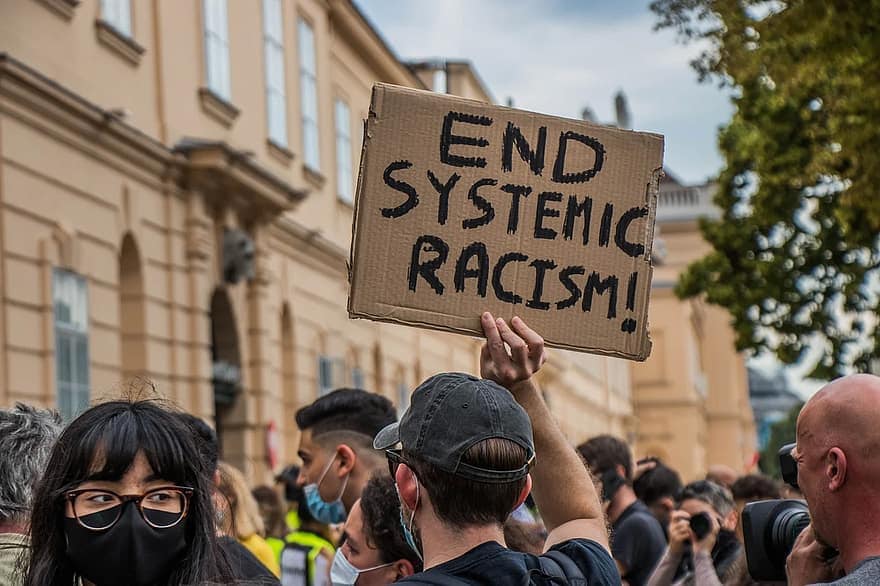
By Anna-Leigh Firth
The majority of judges believe that racism is systemic in the United States’ criminal justice system, according to the NJC’s monthly survey of its alumni.
In the survey, emailed the first week of July, 65 percent of the 634 judges who responded answered yes to the question, “Do you believe that systemic racism exists in the criminal justice system?”
“Of course it does,” commented one judge anonymously. “The data doesn’t (sic) lie. The burden on us judges is to, first, acknowledge the problem and then to work diligently to eradicate the problem.”
More than 200 judges left comments with their votes, and the consensus among the majority was that racism is mostly of the implicit or unconscious kind. Many people don’t recognize that bias exists or are unwilling to admit it, judges wrote.
But that non-awareness is no excuse, insisted one anonymous judge.
“Any judge who is not educated on the reality of systemic racism and implicit bias and aware of the consequences of these issues should not be on the Bench,” the judge wrote.
“Most of the judges I know are not overtly racist and sincerely seek to treat all people equally,” wrote another anonymous judge, “but I suspect that our implicit biases impact our decision-making more than we realize.”
The same judge suggested that systemic racism is the primary reason why black Americans and other minorities are incarcerated at higher rates than whites.
Cook County (IL) Judge Freddrenna M. Lyle mentioned sentencing disparities between those found guilty of possessing crack vs. powdered cocaine (crack being more common among lower-income minorities) as evidence of racist policies and laws.
Earlier this year the College hosted a national symposium in Washington, D.C., on implicit bias in judicial decision-making. The program focused on how to prevent bias from affecting decisions by juries.
Among the judges who rejected the notion of systemic racism, many expressed a belief that some people in the criminal justice system may be racist but the system itself is not.
“Our system isn’t perfect and individual actors may harbor prejudices based on race,” wrote retired Kent County (RI) Superior Court Judge Bennett Gallo. “But those that do are vastly outnumbered by those who go about their work conscientiously and evenhandedly. I see no evidentiary basis for the contention that it is a systemic problem.”
One anonymous judge accused the national news media of promoting “a false narrative as a way to continue to divide this nation and discredit the thousands of good, fair judges and court employees in the United States.”
*Each month the College emails an informal, non-scientific one-question survey to its more than 12,000 judicial alumni in the United States and abroad. The results, summarized in the NJC’s Judicial Edge Today, are not intended to be characterized as conclusive research findings.
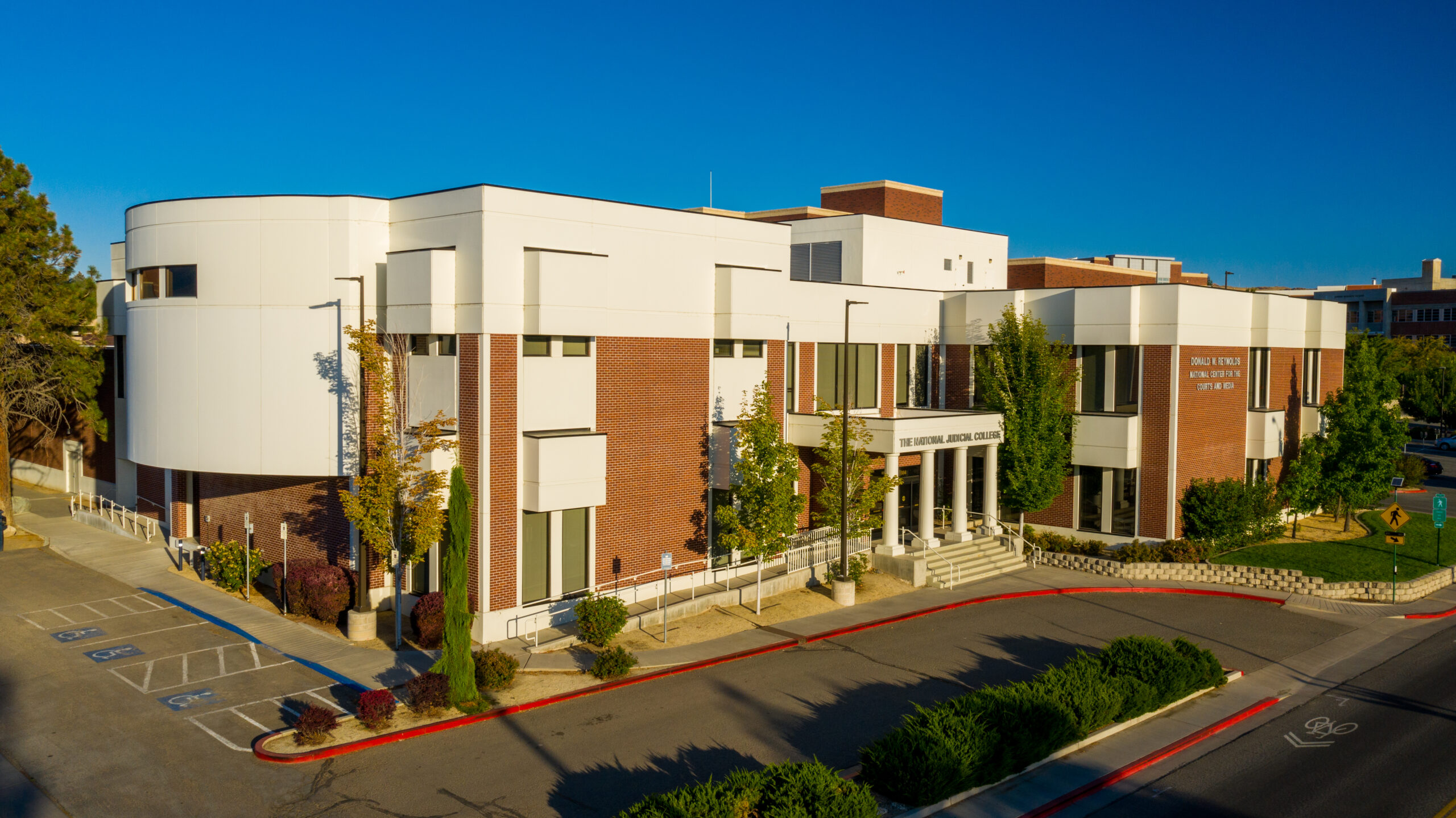
The Hon. Leslie A. Hayashi (Ret.), a retired district court judge from the First Circuit in Honolulu, Hawai...
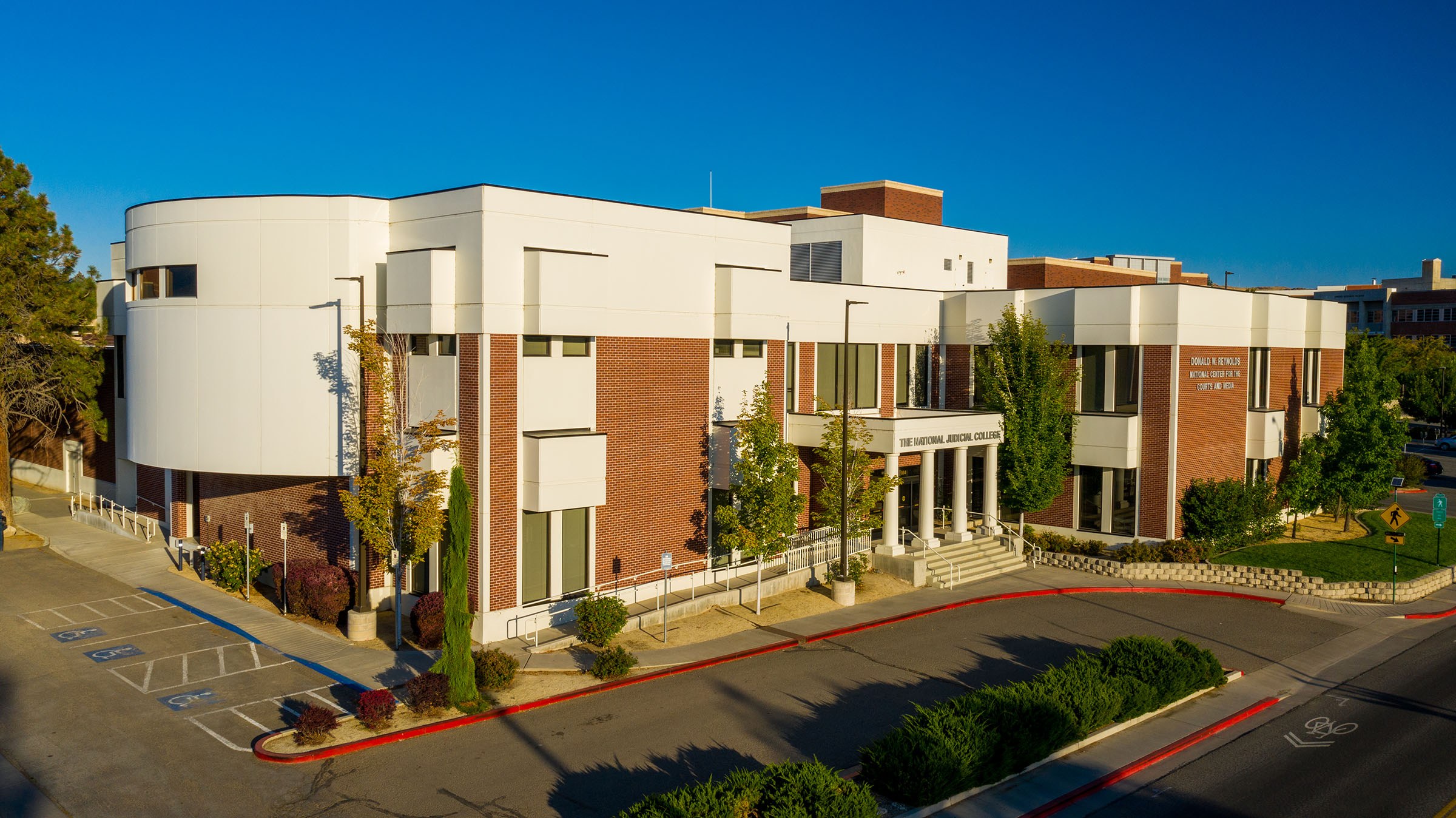
The National Judicial College has named Dean Aviva Abramovsky as its next president and chief executive off...
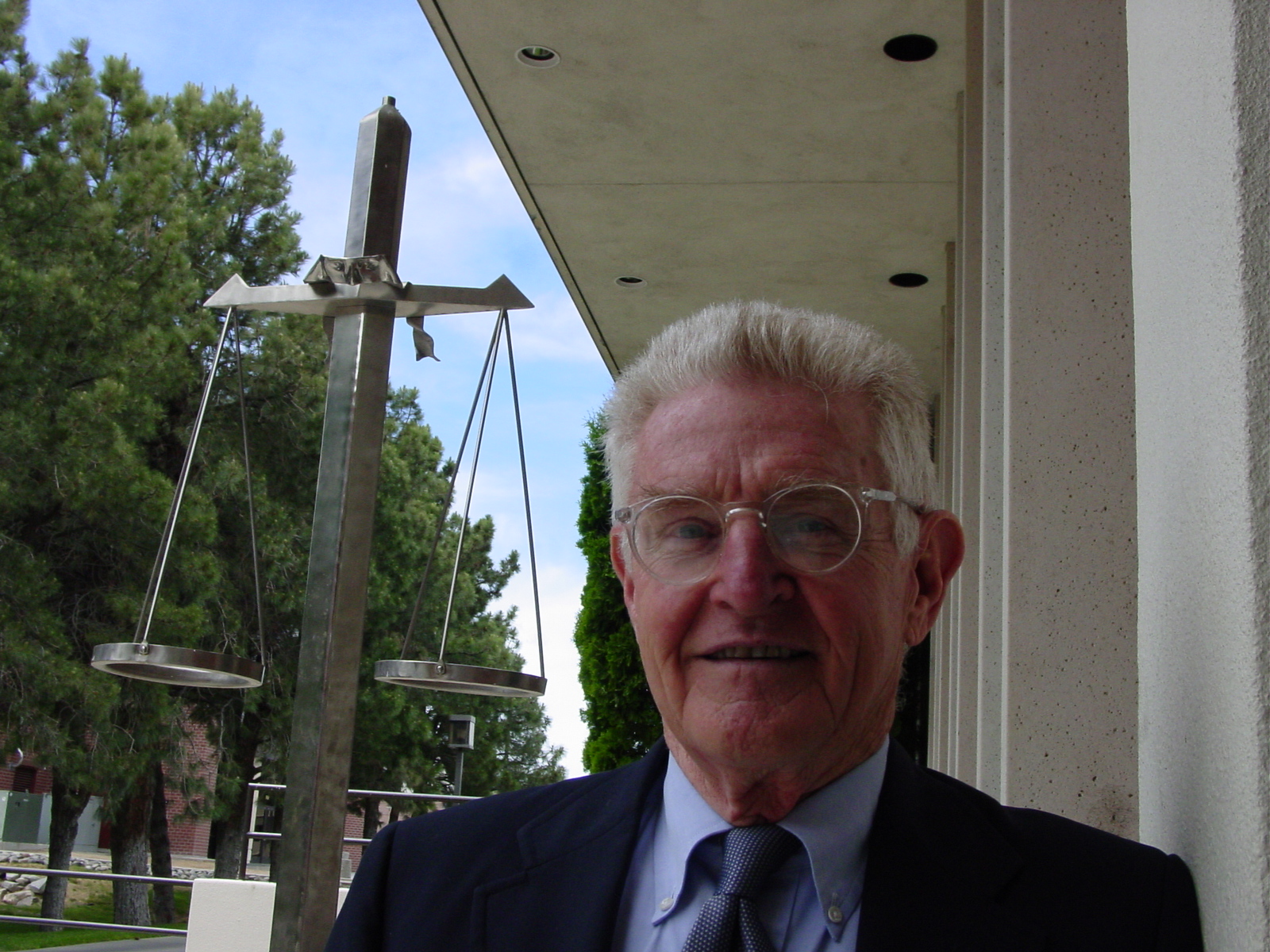
Ernest C. Friesen, Jr., the first dean of The National Judicial College, passed away on December 11, 2025, ...
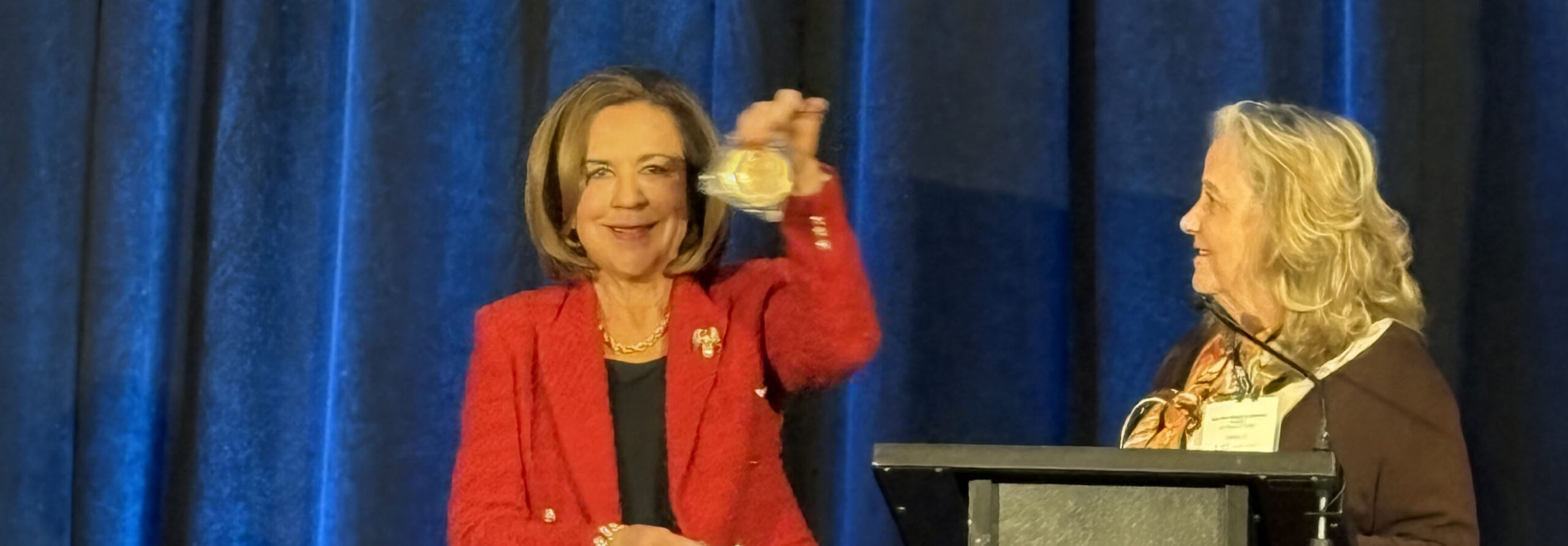
The National Judicial College has awarded Missouri Supreme Court Judge Mary Russell with the Sandra Day O�...

Emeritus Trustee Bill Neukom (left) with former Board of Trustee Chair Edward Blumberg (right) at the NJC 60...